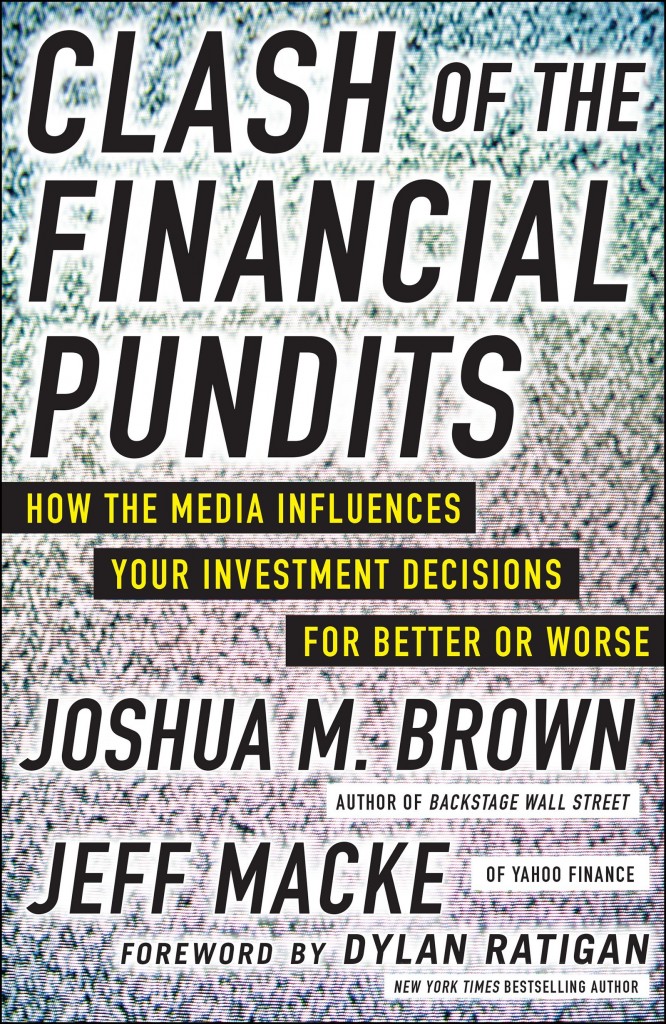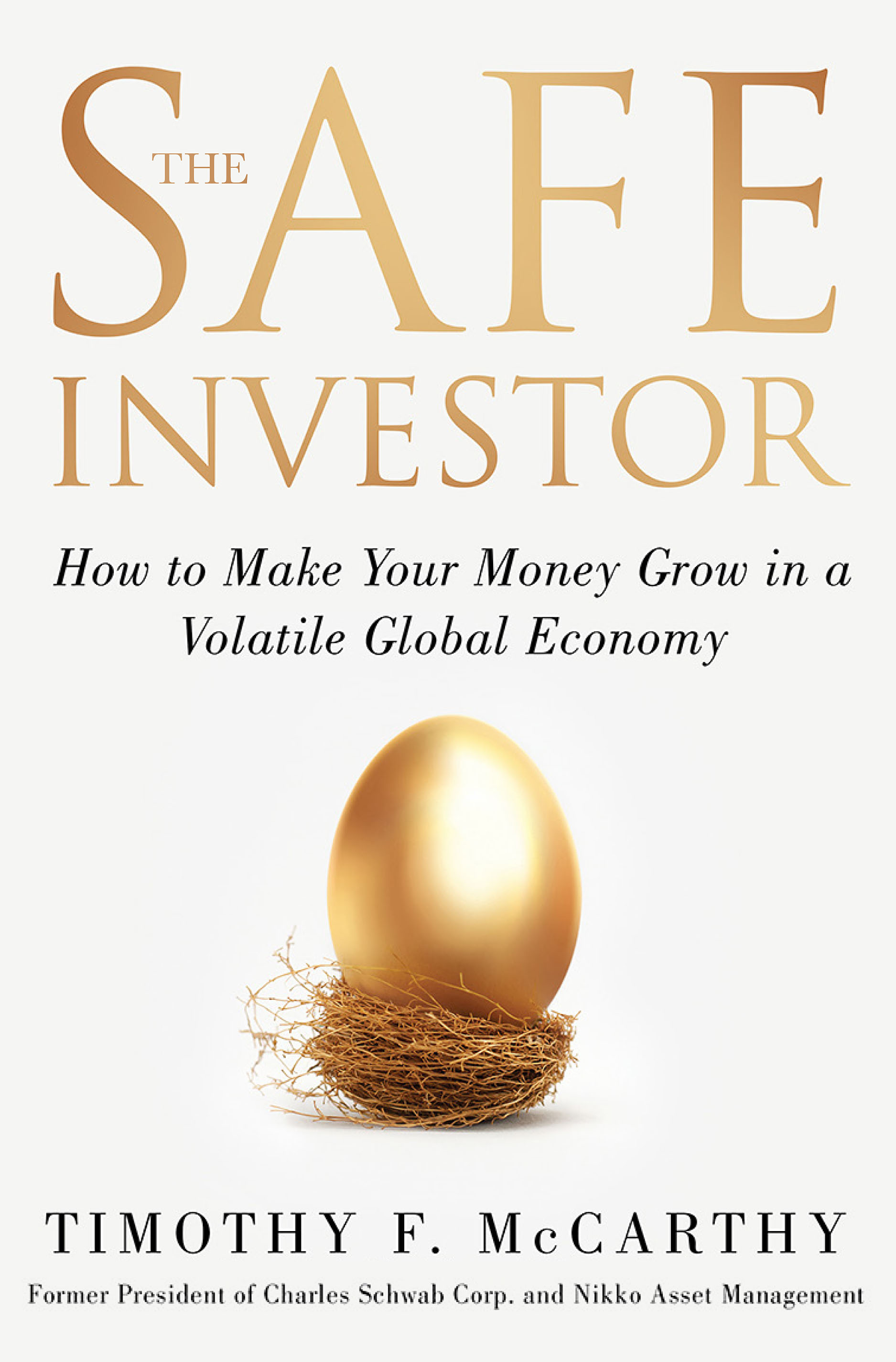
This is a special book.? It’s special because it explains investment concept in simple language, and tries to give average people an ability to understand how the markets work.
The author shares from his life experiences, where not everything turned out right.? With bonds in the 1970s, what was ordinarily a safe investment turned into “Certificates of Confiscation,” as inflation and interest rates rose.
The author is careful to point out the difference between fake diversification and true diversification.? False diversification has a large number of positions that are related, like owning many tech stocks from 1998-2003, or many financial and housing stocks 2005-2009.
True diversification means there is not some hidden factor that can affect your whole portfolio.? The author argues that we need a broad array of investments in the portfolio to diversify results, reducing volatility, so that the investment program can continue? until the target is reached.
Th author also argues? that investors need to dig into the guts of what they are investing in.? Who is the custodian?? Are my assets safe from commingling with the assets of others?? (Think of MF Global or Madoff.)? Is there any factor that could cause a substantial fraction of my assets to be significantly impaired?? As an example, what if you live to an old age?? Will you outlive your assets?? For most Baby Boomers, that is a significant risk that is under-appreciated.
The author, who managed two significant asset management firms in his career, encourages readers to do detailed checks on any active managers they hire (like me).? Analyze their methods, their incentives, their character, and more.? Passive investing does away with many of those questions, but still you have to set up an asset allocation.
As for active managers, they often buy and sell to make it look like they are doing something for clients, when frequently less activity would be in the best interests of clients.? Active management often works better at lower turnover rates.
Investment performance analysis has its own pathologies.? There is the need to buy an outperforming fund.? Why buy a fund that has done poorly?? An investor could ask two questions: 1) is the manager just benefiting from the current cycle, or are his picks good aside from that? 2) Has the manager gotten so large in that strategy that there is no place to place money to achieve an above average return.
The author also notes a strategy that many rich employ: hold safe assets and risky assets, but not the stuff in-between.? Few have made their wealth on the stuff in-between.? Preferred stock has made no one rich, nor investment-grade corporate bonds.? Junk bonds when carefully chosen may be an exception.
Now, that said, I think the author is too optimistic on emerging markets.? As in the current mini-crisis, many of them have immature financial systems, and are mis-financed.? Long assets are being financed by short loans.? This can goose growth in the short-run, but not in the long run.? I think that emerging markets have a place in portfolios, but smaller than the author implies.
Three Pockets
The author posits three pockets for assets — a large one for savings (don’t lose this), a medium one for investing (moderate risk), and a small one for trading (high risk).? He is trying to channel male actions in a good way.? You want to gamble?? Gamble with a small amount of money.? Keep the main body of your assets in ordinary hands that you do not touch.? Set it, and mostly, forget it.
This is an interesting way to try to get people to take limited risks, and have most of the portfolio be safe or have limited risks.
Passive vs Active
The author does not take a stark position on this, but points people toward passive funds if active fees are too high, and track records do not validate good investment choices.? That is how I feel about my own investing.? If I can’t outperform, I don’t want you investing with me.? The book’s position is only invest with active investors that have an edge.? That is more common with smaller cap stocks, international investing and junk bonds.
When to Adjust Portfolios to Reduce Risk from Aging
This book has risk positions lasting longer than most books, and generally, I think that is right, unless markets have gone to such high levels that intelligent investors should lighten up.? I think we are in one of those moments now.? Walk, don’t run, to reduce risk assets, and don’t go all the way, just lighten up.? I rarely make big moves, and the book would not advocate tactical big moves either.
I thought the book’s chapters on choosing advisors were well-written.? It gives you adequate ways to check out financial advisors like me, and those much larger than me.
Summary
The summaries at the end of each chapter are very useful.? I can endorse almost everything in the book.? Just be more careful about emerging markets than the book is, they have a lot of risk embedded at present.
Quibbles
None, aside from what what previously mentioned.
Who would benefit from this book: Most amateur investors could benefit from this great book.? If you want to, you can buy it here: The Safe Investor: How to Make Your Money Grow in a Volatile Global Economy.
Full disclosure: The PR people offered me a book, and I accepted it.? I am glad that I did.
If you enter Amazon through my site, and you buy anything, I get a small commission.? This is my main source of blog revenue.? I prefer this to a ?tip jar? because I want you to get something you want, rather than merely giving me a tip.? Book reviews take time, particularly with the reading, which most book reviewers don?t do in full, and I typically do. (When I don?t, I mention that I scanned the book.? Also, I never use the data that the PR flacks send out.)
Most people buying at Amazon do not enter via a referring website.? Thus Amazon builds an extra 1-3% into the prices to all buyers to compensate for the commissions given to the minority that come through referring sites.? Whether you buy at Amazon directly or enter via my site, your prices don?t change.



